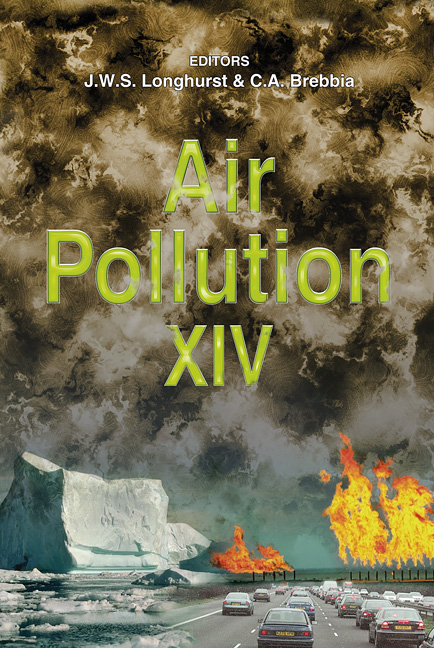Sustainable, Proportionate And Cost-effective Action Plans To Deliver Air Quality Objectives
Price
Free (open access)
Transaction
Volume
86
Pages
9
Published
2006
Size
323 kb
Paper DOI
10.2495/AIR060171
Copyright
WIT Press
Author(s)
N. S. Leksmono, B. E. A. Fisher, J. G. Irwin, K. A. Ling & J. W. S. Longhurst
Abstract
This paper examines the application of three principles: sustainability, proportionality and cost-effectiveness within the development of air quality action plans. A focus is given to air quality problems in English and Welsh local authorities arising from industrial emissions. It also explores the relationship of the Local Air Quality Management (LAQM) regime introduced by the Environment Act 1995 and the Integrated Pollution Prevention and Control (IPPC) regime regulated by the Pollution Prevention and Control Act 1999. Evidence from a questionnaire survey and case study research guided the development of a conceptual framework for the preparation of an air quality action plan that incorporates such principles in local authorities affected by industrial sources. An action plan can be deemed as sustainable, proportionate and cost-effective if local authorities demonstrate a balance between the scientific assessment of air quality and the social, economic, and political factors in determining and prioritising the proposed management solutions within the plan. Keywords: industrial emissions, LAQM, framework. 1 Introduction This paper examines the application of three principles i.e. sustainability, proportionality and cost-effectiveness within the development of air quality action plans. It focuses on the issue of finding solutions, by applying such
Keywords
industrial emissions, LAQM, framework.





